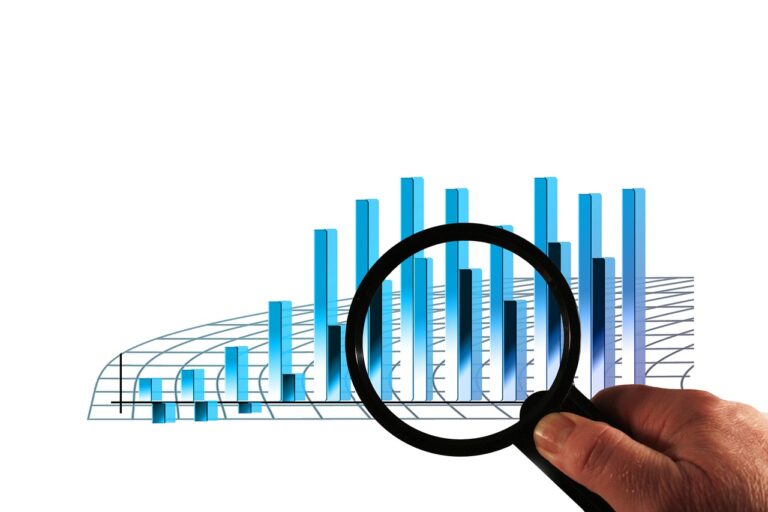The Role of Predictive Analytics in Business Media Strategies: Laser book 247, Silverexchange, 11xplay pro
laser book 247, silverexchange, 11xplay pro: Predictive analytics plays a crucial role in shaping the media strategies of businesses in today’s digital age. By harnessing the power of data and advanced analytics techniques, companies can gain valuable insights into consumer behavior, market trends, and campaign performance. This allows businesses to make informed decisions, optimize their media efforts, and drive success in a highly competitive landscape.
Understanding the Role of Predictive Analytics in Business Media Strategies
1. What is Predictive Analytics?
Predictive analytics involves the use of statistical algorithms and machine learning models to analyze historical data and predict future outcomes. In the context of media strategies, predictive analytics can help businesses forecast audience behavior, identify patterns, and optimize marketing campaigns for maximum impact.
2. Leveraging Data for Targeted Advertising
One of the key benefits of predictive analytics in business media strategies is its ability to enable targeted advertising. By analyzing data on consumer preferences, demographics, and online behavior, businesses can create personalized campaigns that resonate with their target audience. This not only improves the effectiveness of marketing efforts but also enhances the overall customer experience.
3. Optimizing Media Spend
Predictive analytics can also help businesses optimize their media spend by predicting the performance of various channels and tactics. By identifying the most effective strategies for reaching their target audience, companies can allocate their resources more efficiently and maximize their return on investment.
4. Improving Content Strategy
Another valuable application of predictive analytics in business media strategies is in content optimization. By analyzing data on content performance, customer engagement, and trends, businesses can create and distribute content that is more likely to resonate with their audience. This can help drive traffic, increase engagement, and boost brand awareness.
5. Enhancing Customer Segmentation
Predictive analytics can also enhance customer segmentation by identifying distinct groups within a target audience based on their behavior, preferences, and purchase history. This allows businesses to tailor their messaging and offers to specific segments, improving the relevance and effectiveness of their marketing campaigns.
6. Monitoring and Measuring Campaign Performance
Finally, predictive analytics can help businesses monitor and measure the performance of their media campaigns in real-time. By tracking key metrics and KPIs, companies can quickly identify trends, make adjustments on the fly, and ensure that their efforts are driving results.
In conclusion, predictive analytics plays a vital role in shaping business media strategies by providing valuable insights, optimizing marketing efforts, and driving success in a rapidly evolving landscape. By leveraging data and advanced analytics techniques, companies can stay ahead of the competition, engage their target audience more effectively, and achieve their marketing goals.
FAQs
1. How can businesses get started with predictive analytics?
Businesses can get started with predictive analytics by first identifying their goals and objectives, collecting relevant data, and selecting the right tools and technologies. It’s important to work with data experts and analysts to ensure that the insights generated are accurate and actionable.
2. What are some common challenges with predictive analytics?
Some common challenges with predictive analytics include data quality issues, lack of expertise and resources, and difficulty in interpreting and applying the insights generated. It’s important for businesses to address these challenges proactively and continuously refine their analytics strategies to drive success.
3. How can predictive analytics benefit small businesses?
Predictive analytics can benefit small businesses by helping them understand their customers better, target their marketing efforts more effectively, and optimize their media spend. By leveraging data and analytics, small businesses can compete with larger competitors and achieve their marketing goals more efficiently.







